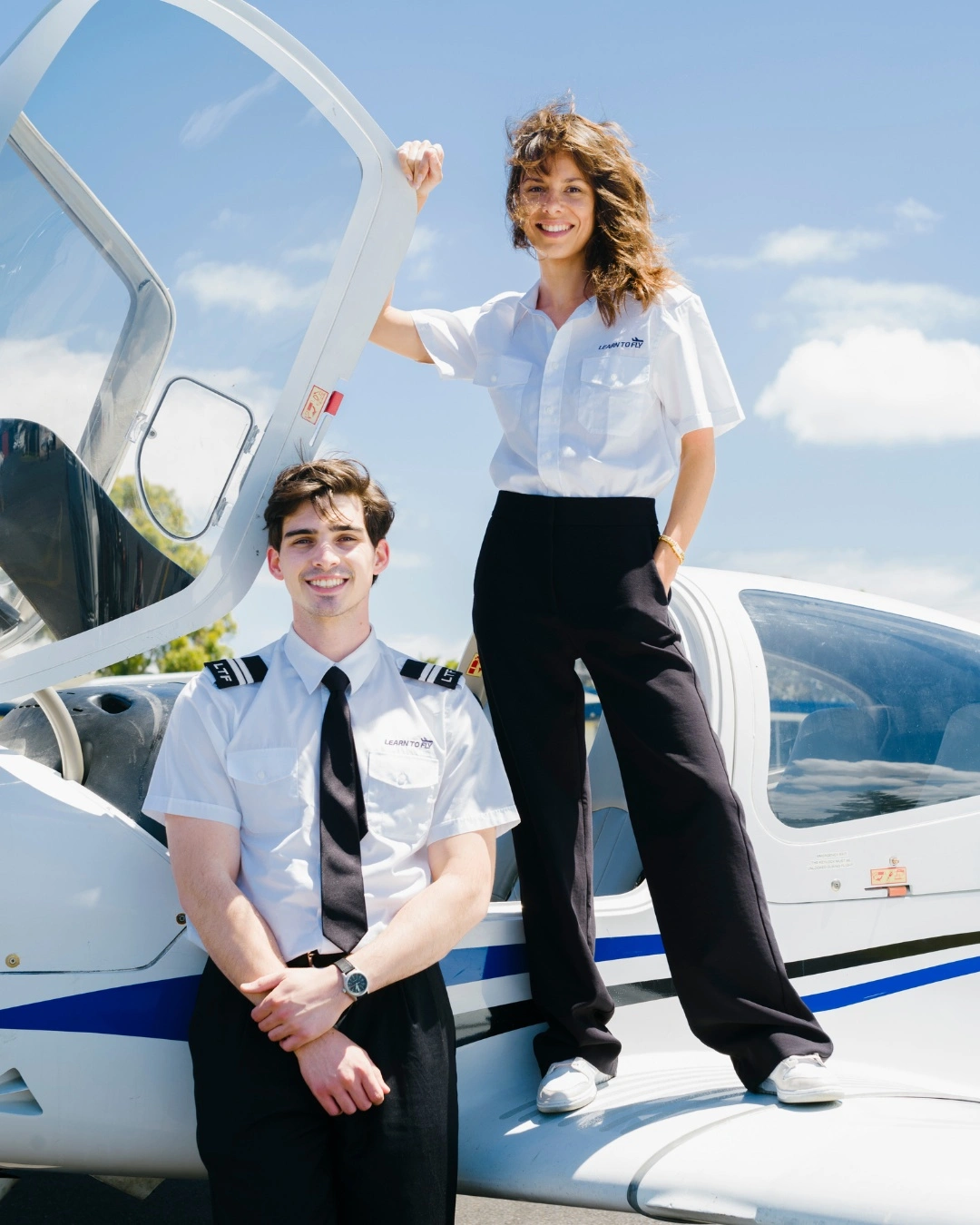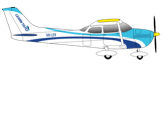
June 12, 2024
Get the Most Out Of Your Online Flight Training
Online flight training offers aspiring pilots the flexibility and convenience to learn at their own pace and from the comfort of their homes.
However, to maximise the benefits of this mode of learning, it’s essential to approach it with the right strategies and mindset.
Here are ten tips and tricks to help you get the most out of your online flight school classes and prepare effectively for in-person and practical sessions.
1. Establish a Dedicated Study Space
Creating a dedicated study space free from distractions is crucial for effective learning. Ensure your study area is well-organized, comfortable, and equipped with all necessary materials, including your computer, flight training manuals, and other study aids. A quiet and dedicated space helps you focus better and support your overall learning experience.
2. Develop a Study Schedule
Consistency is key to mastering the material. Develop a study schedule that outlines when and what you will study each day. Allocate specific times for different subjects and stick to your schedule as closely as possible. This disciplined approach ensures you cover all necessary topics systematically and stay on track with your flight training in Australia while ensuring you can fulfil other life obligations without sacrificing time and energy for one or the other.
3. Utilize All Available Resources
Online flight lessons often include video lectures, interactive modules, forums, and quizzes. Take full advantage of these resources to enhance your understanding. Watch the videos and read the materials as these may seem like tedious tasks but will ensure you absorb the information you need to succeed in the course. Participate actively in forums, ask questions, and engage with your instructors and peers to clarify doubts and gain deeper insights.
4. Practice Time Management
Online learning requires excellent time management skills. Break down your study sessions into manageable chunks and use tools like calendars and to-do lists to keep track of assignments, quizzes, and exams. Prioritise tasks based on their importance and deadlines to ensure you complete all requirements on time. Do not overwhelm yourself with unrealistic and endless hours of study as this can cause you to burn out and lose interest. Take it one step at a time and keep the workload manageable and spread across days. This will prevent last-minute “cramming” which will not be as effective for your learning as consistent study.
5. Engage in Interactive Learning
Interactive learning techniques such as quizzes, simulations, and virtual reality modules can significantly enhance your understanding of flight concepts. These tools provide practical, hands-on experience that reinforces theoretical knowledge. Engaging in interactive learning helps bridge the gap between online education and real-world application.
6. Review and Revise Regularly
Regular review and revision are essential to retain information and reinforce learning. Set aside time each week to review previously covered material. Use flashcards, summaries, and practice tests to gauge your understanding and identify areas that need improvement. Consistent revision ensures that you are well-prepared for in-person and practical sessions.
7. Prepare for Practical Sessions
While online training covers theoretical aspects, practical flying skills are developed during in-person sessions. Before attending these sessions, thoroughly review relevant theoretical concepts and procedures. Familiarise yourself with the aircraft’s controls and systems through virtual cockpit tours and simulation exercises. Take the time to make yourself comfortable and relax. Being well-prepared for practical sessions allows you to make the most of the hands-on training.
8. Stay Physically and Mentally Fit
Flight training requires both physical and mental fitness. Maintain a healthy lifestyle by eating well, exercising regularly, and getting enough sleep. Engage in activities that promote mental well-being, such as meditation and mindfulness. Staying fit ensures you are alert and focused during both online and practical training sessions.
9. Network with Peers and Instructors
Building a network of peers and instructors can provide valuable support and guidance throughout your training journey. Join online forums, social media groups, and virtual study sessions to connect with fellow students. Participate actively in discussions and seek feedback from your instructors. Networking helps you stay motivated and informed about industry developments.
10. Stay Updated on Industry Trends
The aviation industry is constantly evolving, with new technologies and regulations emerging regularly. Stay updated on industry trends by reading aviation journals, attending webinars, and participating in online courses. Staying informed about the latest developments helps you stay ahead in your training and prepares you for a successful career as a commercial pilot.
Online flight training offers a flexible and convenient path to achieving your aviation dreams. By following these tips and tricks, you can maximise your learning experience and ensure you are well-prepared for theoretical exams and practical flying sessions. Remember, discipline, consistency, and active engagement are key to making the most of your flight training program.
Whether you just started learning how to become a commercial pilot, pursuing a recreational pilot’s licence as a hobby or are working through the advanced stages of flight training, these strategies will help you stay focused, motivated, and successful.
Online learning is an opportunity to pursue your passion for flying while juggling other life responsibilities. With the right mindset and preparation, you’ll be well on your way to a rewarding and fulfilling career in aviation.








